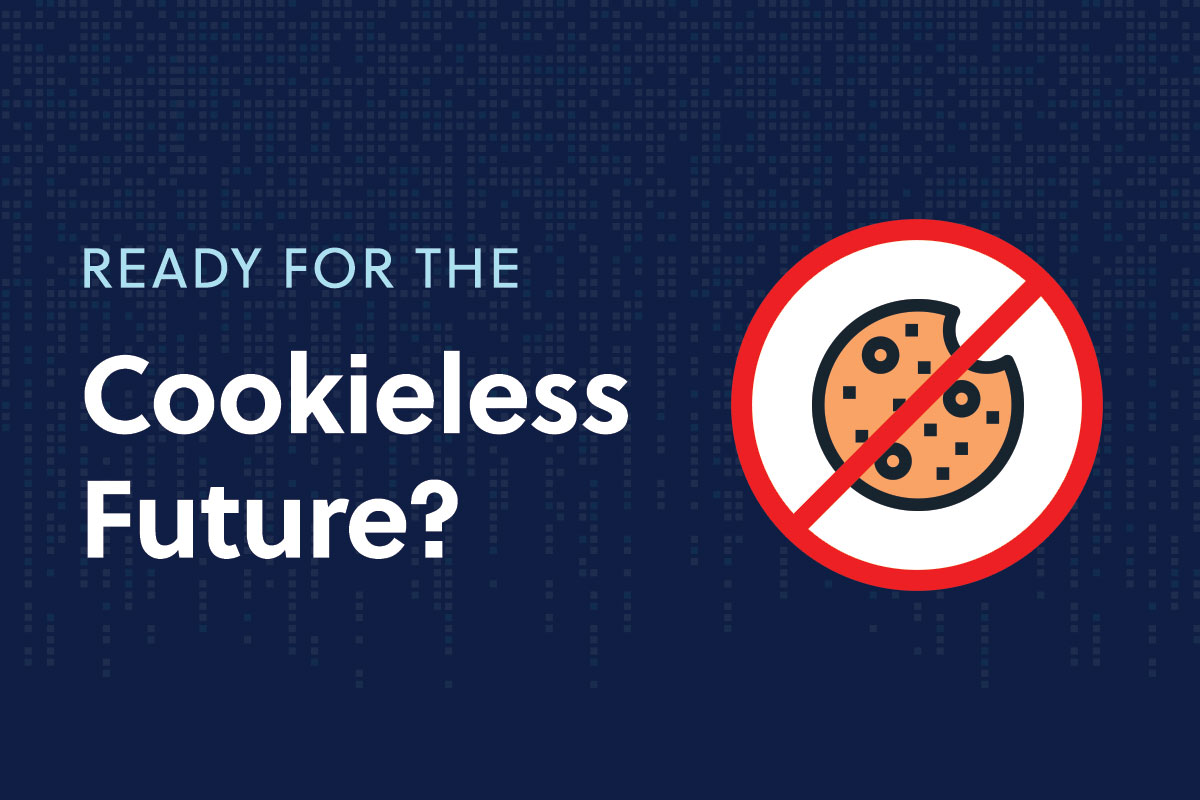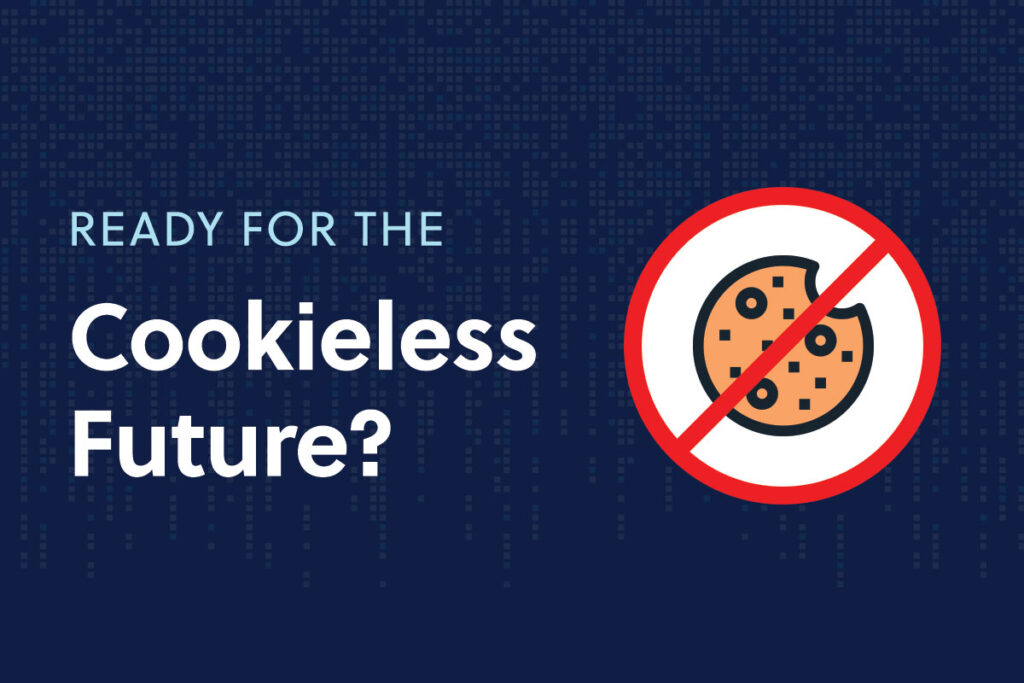

In today’s digital landscape, data privacy has become a major concern for both consumers and marketers. With the rise of privacy regulations like GDPR and CCPA, and the gradual phase-out of third-party cookies by browsers like Chrome, Safari, and Firefox, marketers must rethink how they collect and leverage user data.
Understanding first-party data collection and preparing for a cookieless future are now essential for building sustainable, data-driven marketing strategies.
Understanding Data Privacy in Marketing
Data privacy refers to the responsible collection, storage, and use of user information. Customers expect transparency, security, and control over their personal data.
Key aspects of data privacy include:
- Consent management: Users must explicitly consent to the collection and use of their data.
- Transparency: Clearly communicate how data will be used, stored, and shared.
- Compliance: Adhere to regional and global regulations, such as GDPR (EU) and CCPA (California).
Failure to comply with data privacy standards can result in fines, reputational damage, and loss of consumer trust.
The Cookieless Future
Third-party cookies, once the backbone of digital advertising, are being phased out. These cookies allowed marketers to track users across websites, create detailed user profiles, and deliver targeted ads.
With browsers like Chrome planning to eliminate third-party cookies, marketers face several challenges:
- Difficulty in tracking user behavior across multiple websites.
- Reduced ability to target specific audiences based on historical browsing data.
- Challenges in measuring campaign performance and ROI.
This shift is driving marketers to innovate and adopt privacy-compliant data strategies, particularly through first-party data collection.
What is First-Party Data Collection?
First-party data is information collected directly from your audience, typically through channels you control. Examples include:
- Website analytics (pages visited, time spent, actions taken)
- Customer surveys and forms
- Email subscriptions and engagement data
- Purchase history and loyalty programs
Benefits of first-party data:
- Accuracy: Data comes directly from your audience, ensuring higher quality.
- Compliance: Since users knowingly provide their information, it aligns with privacy regulations.
- Actionable Insights: First-party data helps tailor marketing campaigns, personalization, and customer experiences.
- Sustainability: Unlike third-party cookies, first-party data remains under your control, providing a long-term solution.
Strategies for Marketers in the Cookieless Era
1. Invest in First-Party Data Collection
- Encourage users to subscribe to newsletters, create accounts, or participate in loyalty programs.
- Offer value in exchange for data, such as exclusive content or discounts.
2. Leverage Consent Management Platforms (CMPs)
- Implement CMPs to collect, manage, and store user consent efficiently.
- Ensure compliance with regional and global privacy regulations.
3. Focus on Contextual Advertising
- Instead of relying solely on user tracking, use contextual signals like page content, location, or device type to deliver relevant ads.
- This approach respects privacy while maintaining targeting efficiency.
4. Use Analytics & AI for Insights
- Employ first-party analytics to track user behavior on your owned channels.
- Use AI and machine learning to identify patterns, segment audiences, and personalize experiences without violating privacy.
5. Build Trust & Transparency
- Communicate clearly how data will be used.
- Offer options for users to control preferences and opt out easily.
The Future of Data-Driven Marketing
The cookieless future presents both challenges and opportunities:
- Marketers who adapt to privacy-first strategies will gain consumer trust.
- Leveraging first-party data enables personalized, ethical, and effective marketing campaigns.
- Businesses investing in privacy-compliant data infrastructure today will be well-positioned for long-term growth.
Key takeaway: Data privacy is not a limitation — it’s an opportunity to build stronger customer relationships and deliver relevant, meaningful experiences in a compliant and ethical manner.

